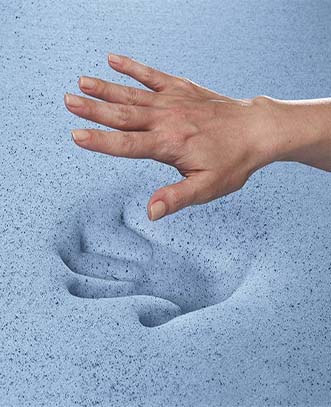The conventional wisdom is to reduce stress and get a good eight straight hours of sleep each night. Of course, that is easier said than done – especially given the inevitable stress that comes with everyday life. So what can you do to promote healthy sleeping habits and stave off the consequence of sleeplessness?
The conventional wisdom is to reduce stress and get a good eight straight hours of sleep each night. Of course, that is easier said than done – especially given the inevitable stress that comes with everyday life. So what can you do to promote healthy sleeping habits and stave off the consequences of sleeplessness?
- Monitor your diet: Minimize or eliminate the use of caffeine or alcohol. Caffeine is often used as a quick fix to sleepiness, but it only masks symptoms and makes getting real rest more difficult. Alcohol, sometimes used to relax, actually interrupts healthy sleep patterns. Also, do not eat or drink too much near bedtime or you may experience sleeplessness.
- Exercise right: Regular exercise can help your body regulate its internal biological clock. Exercise also reduces stress and anxiety. However, you shouldn’t exercise too close to bedtime. Allow a minimum of three hours between workouts and heading to bed.
- Adopt bedtime rituals: Regular rituals at bedtime cue your body that it is time to unwind, and help to relax you in preparation for sleep. Television can be too stimulating, especially with evening news reports on such stressful issues as terrorism, recession, and crime. Instead, listen to soothing music or read. If you find yourself taking longer than 15 minutes to fall asleep, get up and engage in a relaxing activity until you feel sleepy.
- Talk it out: If you’re under stress, talk to someone about it – a friend, a co-worker, your spouse or family. Often getting stress ”off your chest” reduces its effects. Remember that everyone feels anxiety, and you are very likely to find a sympathetic ear.
- Seek professional help: If you’re having trouble managing the stress in your life, or simply can’t get enough sleep despite your best efforts, talk to your physician. Your family doctor will be able to point you in the right direction to find help whether you can benefit from therapy, medication, or both.
A good night’s sleep can go a long way to coping successfully with stress, while restless nights can compound its impact and make each day that much more unpleasant. People suffering from sleep deprivation due to stress often experience the symptoms of sleep deprivation, but don’t identify them as stemming from their lack of proper rest. Awareness is the first step to solving the problem. Pay attention to your sleep habits, and if you feel them beginning to slip, take measures to get back on track and back into bed.







